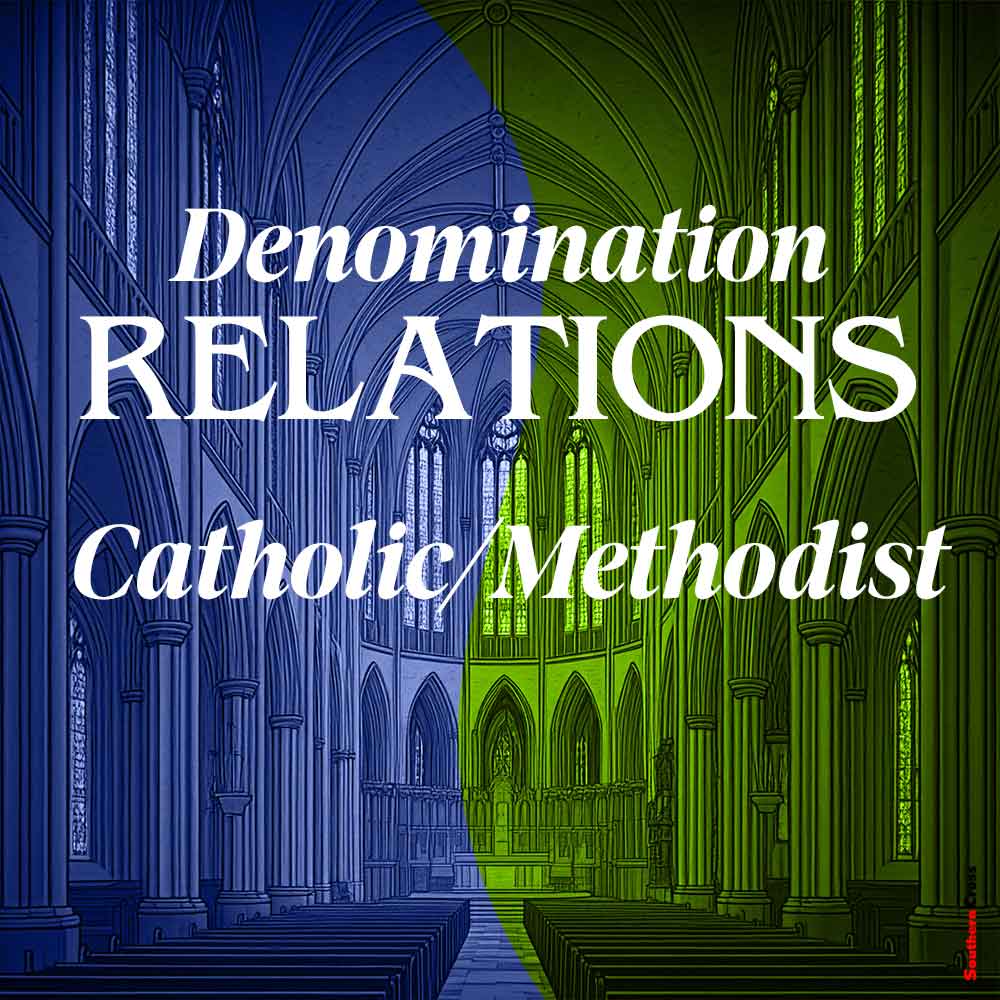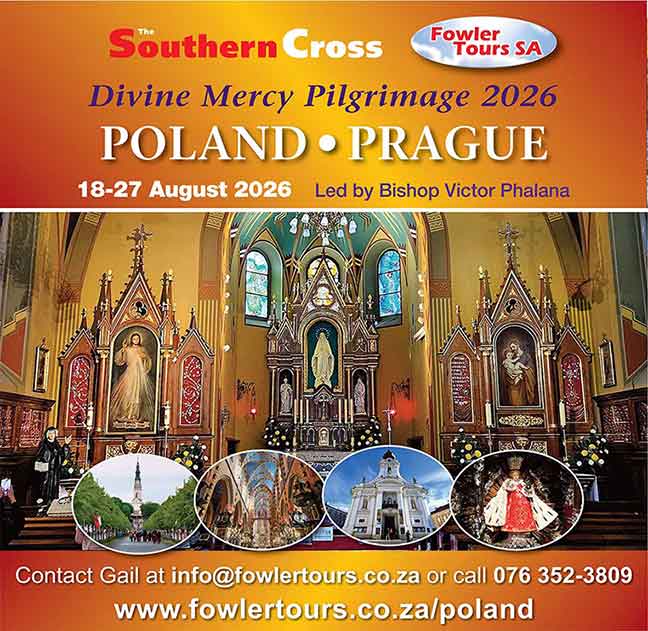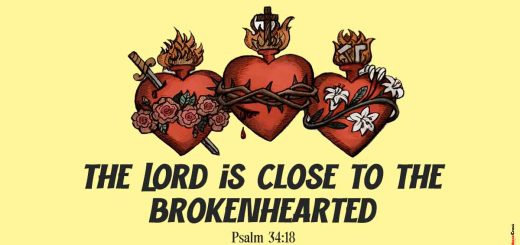Denomination Relations: Methodists

In our ongoing series, “Denomination Relations”, Jason Scott explores the history, shared beliefs, and differences between Catholics and other Christian denominations. This week, he turns his attention to the Methodists.
Where Do Methodists Come From?
Methodism emerged in the 18th century, founded by John Wesley, a priest in the Church of England. Wesley, along with his brother Charles and George Whitefield, sought to reform the Anglican Church by emphasising personal holiness and social justice. The movement’s name, “Methodist”, originated from the methodical approach to spiritual growth and discipleship that Wesley advocated. The first Methodist societies were established in England, and the movement quickly spread to America and beyond.
Methodists are known for their emphasis on the doctrine of Prevenient Grace, which holds that God’s grace is active in the lives of all people, drawing them towards salvation. This belief underpins their strong focus on evangelism and social action. Methodists also uphold the sacraments of baptism and the Lord’s Supper, though their understanding and practice of these rites differ from Catholic traditions.
What We Agree On
As Catholics, we share fundamental beliefs with Methodists: the Trinity, Christ’s divinity and humanity, and the resurrection. We both affirm the Nicene and Apostles’ Creeds, which unite us in ecumenical gatherings. Baptism and the Eucharist are central to both our traditions, though our understanding and practice of these sacraments differ significantly.
Where We Disagree
From a Catholic perspective, the key disagreements with Methodists are clear. Methodists do not recognise the authority of the Pope or the hierarchical structure of the Catholic Church, favouring a more congregational form of governance. Their understanding of the sacraments is also less sacramental than that of the Catholic Church, viewing them primarily as symbolic acts rather than means of grace that confer spiritual benefits.
Methodists do not uphold the Catholic doctrine of transubstantiation, which we believe is essential for the real presence of Christ in the Eucharist. Additionally, the Methodist practice of allowing the ordination of women contrasts with the Catholic Church’s tradition of an all-male priesthood.
Recent Steps Towards Unity
Despite these differences, progress has been made. The Second Vatican Council’s Decree on Ecumenism, Unitatis Redintegratio, opened doors for dialogue with Protestant denominations, including Methodists. More recently, joint statements and collaborative projects have highlighted areas of agreement and mutual respect. For instance, the Joint Declaration on the Doctrine of Justification, signed by the Catholic Church and the Lutheran World Federation in 1999, was later affirmed by the World Methodist Council in 2006.
The Catholic Church and the Methodist Church have engaged in ongoing dialogue through the Joint Commission for Dialogue between the Catholic Church and the World Methodist Council, focusing on areas of common concern such as the role of the laity, the nature of ministry, and the pursuit of social justice. These efforts reflect our shared commitment to unity and the healing of centuries-old divisions.
As Catholics, we are committed to reuniting Christians and restoring full communion within the one true Church, guided by the Holy Spirit, to heal the wounds of centuries-old divisions.
Join us next week as we delve into our relationship with the Seventh Day Adventists. And as always, trust the plan.
- What the Pope Said This Week - October 17, 2025
- Decline in Reverence at Mass - October 16, 2025
- Dilexi Te: Leo XIV’s First Exhortation – A Love That Speaks and Demands - October 12, 2025





